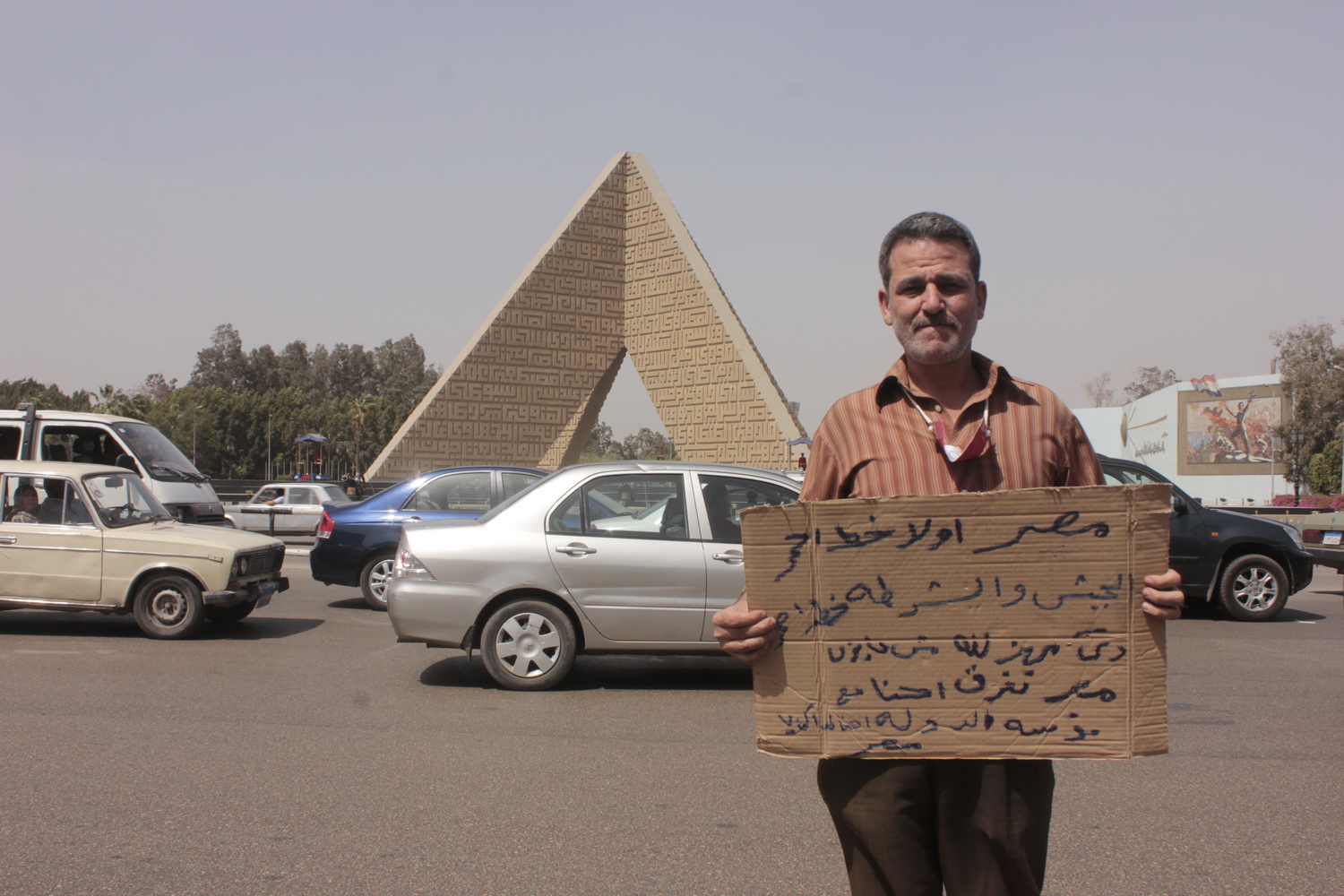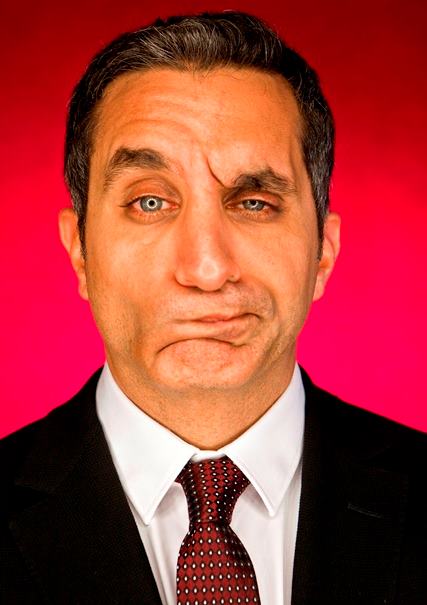The second phase of the parliamentary elections saw a 29.83% voting turnout, the Supreme Elections Committee (SEC) announced on Wednesday.
In a press conference at the committee’s headquarters, head of SEC Ayman Abbas announced that the participation in the second stage of the elections amounted to 8,412,011 votes out of 28,204,225 eligible voters.
There were 7,839,611 valid votes, while the voided votes counted to 572,400, representing 6.08% of the total votes. South Sinai and Kafr El-Sheikh had the highest voting turnouts in all 13 governorates, with 41.06% and 36.82% respectively. Suez saw the lowest turnout with a 18.1% participant rate while Cairo came second to last with 19.96%.
The committee said 2,893 candidates ran for 222 individual seats and 60 list-based seats in the second phase of the elections.
Only nine candidates won the majority of votes, managing to secure their seats from the first round. The run-offs for the remaining 213 seats are scheduled to take place on 1 and 2 December.
“For the Love of Egypt” swept all electoral lists, winning all 60 contested list-based seats in the first round of the elections. The committee also announced that a total of 37,141 Egyptian expats caste their votes in 139 embassies and consulates around the world.
The voting turnout of Egyptians abroad increased by 21.65% in the second phase of the elections as number of votes in the first phase totalled at 30,531, which represented around 4.5% of 680,000 eligible voters.
Saudi Arabia had the highest voting turnout of Egyptians abroad with 30.4% participation rate, Kuwait came second with 18.3%, followed by the UAE at 12.7%. No votes were casted in Liberia, Mozambique, Benin, Serbia, or Panama.
The press conference was scheduled to take place on Tuesday but was postponed after the attack on the hotel housing judges in North Sinai that left seven people dead.
“Terrorism will not hold judges back from performing their historical role,” Abbas said. Although there were some violations, they were limited and legal decisions were taken against violators. “Violations did not affect the image of the electoral process,” he said.



